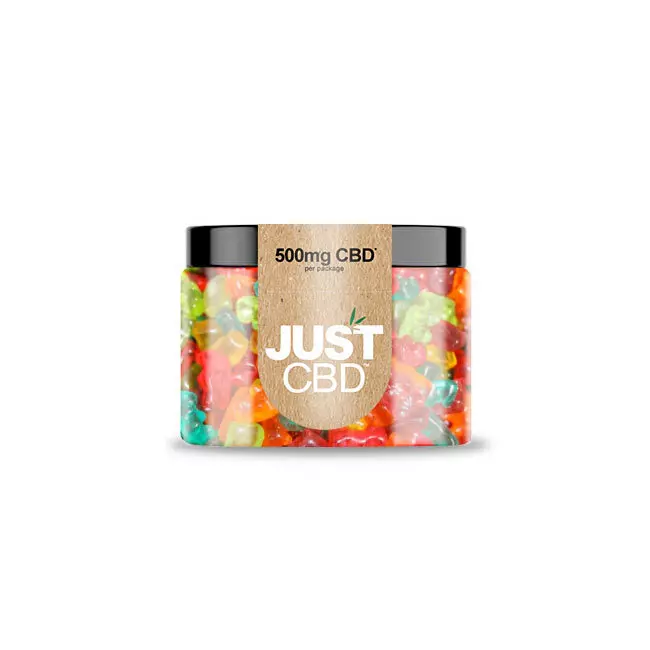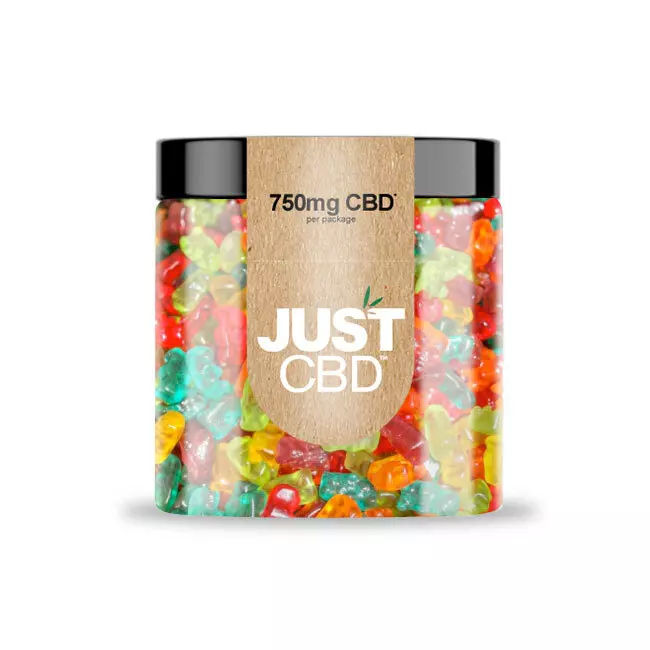Potential Mechanisms of Action
Understanding how cannabidiol (CBD) may alleviate inflammation and pain involves exploring its potential mechanisms of action within the body.
Endocannabinoid System Interaction
One key area of interest is the endocannabinoid system (ECS), a complex network of receptors, enzymes, and neurotransmitters involved in regulating various physiological processes, including pain perception, immune response, and inflammation.
CBD is believed to interact with the ECS, though not by directly binding to cannabinoid receptors like THC. Instead, it may modulate the activity of these receptors indirectly, influencing the production and breakdown of endocannabinoids – naturally occurring compounds within the body that bind to cannabinoid receptors. By influencing the balance of endocannabinoids, CBD could potentially reduce inflammation and alleviate pain signals.
Anti-inflammatory Properties of CBD
Beyond the ECS, CBD’s anti-inflammatory properties may also stem from its interaction with other molecular targets, such as inflammatory mediators like cytokines and prostaglandins.
These molecules play crucial roles in the inflammatory response, and CBD has been shown to inhibit their production or activity, thereby dampening the inflammatory cascade.
Additionally, CBD possesses antioxidant properties that may contribute to its anti-inflammatory effects.
Antioxidants help protect cells from damage caused by free radicals, which can trigger inflammation.
Clinical Studies and Evidence
Clinical studies are essential for understanding the potential benefits and risks of medical interventions, including those involving compounds like cannabidiol (CBD). These studies employ rigorous scientific methodologies to evaluate the effects of CBD on various health conditions, such as inflammation and pain, by measuring outcomes in controlled settings. Results from clinical trials provide valuable evidence that informs healthcare professionals and patients about the safety and efficacy of CBD-based treatments.
Pain Relief in Arthritis
Clinical studies investigating CBD for arthritis often focus on its potential to reduce inflammation and alleviate pain.
Researchers use various methodologies, including randomized controlled trials, to assess CBD’s impact on symptoms in individuals with osteoarthritis or rheumatoid arthritis.
These studies may measure pain levels, joint function, and markers of inflammation, comparing outcomes in groups receiving CBD to those receiving placebo or standard treatments.
While some studies have shown promising results, indicating that CBD may provide pain relief and reduce inflammation in arthritis patients, more research is needed to fully understand its long-term effects, optimal dosages, and potential interactions with other medications.
Reduction of Inflammation in Other Conditions
The application of CBD’s anti-inflammatory properties extends beyond arthritis. Clinical studies are exploring its potential benefits for other inflammatory conditions, such as inflammatory bowel disease (IBD), psoriasis, and multiple sclerosis.
In IBD, researchers are investigating whether CBD can modulate the immune response in the gut, reducing inflammation and alleviating symptoms like abdominal pain, diarrhea, and rectal bleeding.
Similarly, studies on psoriasis examine CBD’s ability to suppress skin inflammation and reduce the appearance of lesions.
For multiple sclerosis, research focuses on whether CBD can mitigate neuroinflammation and potentially slow disease progression.

It is important to note that while these studies are promising, more research is needed to establish definitive conclusions about CBD’s efficacy and safety for these conditions.
Limitations of Existing Research
Clinical studies provide crucial evidence regarding the effectiveness and safety of medical interventions like CBD. These studies use rigorous methodologies to evaluate CBD’s impact on various health conditions, including inflammation and pain. Results from these trials inform healthcare professionals and patients about the potential benefits and risks associated with CBD-based treatments.
Despite promising preliminary findings, limitations exist in existing research on CBD. Many studies are relatively small in size, which can affect the statistical power to detect significant effects. Additionally, a lack of standardization in dosing, administration methods, and study designs can make it challenging to compare results across different studies.
Long-term safety and efficacy data are also limited, as most research focuses on short-term effects. More long-term studies are needed to fully understand the potential risks and benefits of prolonged CBD use.
Furthermore, there is a need for more research investigating potential interactions between CBD and other medications or supplements, as these interactions could impact treatment efficacy or safety.
Types and Dosage of CBD Gummies for Inflammation and Pain
Cannabidiol (CBD) gummies have gained popularity as a potential natural remedy for inflammation and pain. These chewy treats offer a convenient way to consume CBD, but understanding the types and dosages available is crucial for making informed decisions about their use.

Choosing Quality Products
Cannabidiol (CBD) gummies come in various types, each offering a different concentration of CBD per serving.
- Broad-spectrum gummies contain a range of cannabinoids alongside CBD, providing a potentially wider array of therapeutic effects.
- Full-spectrum gummies include all compounds found in the cannabis plant, including trace amounts of THC, which may contribute to the entourage effect – the synergistic interaction between different cannabinoids.
- Isolate gummies consist solely of purified CBD, ensuring no other cannabinoids or plant compounds are present.
Dosage recommendations for CBD gummies vary depending on individual factors such as weight, age, and the severity of symptoms. It’s essential to start with a low dose (e.g., 5-10 mg of CBD) and gradually increase it until desired effects are achieved or a maximum tolerance is reached.
Choosing quality CBD gummies is crucial for ensuring safety and efficacy. Look for products from reputable brands that provide third-party lab testing results, verifying the amount of CBD content and absence of contaminants such as pesticides, heavy metals, or residual solvents.
Factors Influencing Dosage
Several factors influence the appropriate dosage of CBD gummies for inflammation and pain. Individual body weight plays a significant role; generally, individuals with higher weight may require a larger dose to achieve similar effects compared to those with lower weight.
The severity of symptoms also influences dosage. Individuals experiencing more intense inflammation or pain might benefit from a higher starting dose than those with milder symptoms.
Experience level with CBD is another factor to consider. Individuals new to CBD may want to start with a lower dose and gradually increase it as they gauge their body’s response.
The type of CBD gummy used can also affect dosage. Gummies containing higher concentrations of CBD per serving will generally require smaller doses than gummies with lower CBD content.
Potential Side Effects and Risks
While CBD shows promise for reducing inflammation and pain, it is important to be aware of potential side effects and risks. These may include changes in appetite, drowsiness, diarrhea, fatigue, and interactions with other medications.
Drug Interactions
It is essential to consult with a healthcare professional before using CBD gummies or any CBD products, especially if you have pre-existing medical conditions or are taking other medications.
- Potential Side Effects: CBD may cause side effects in some individuals, including changes in appetite, drowsiness, diarrhea, fatigue, and dry mouth.
- Drug Interactions: CBD can interact with certain medications, such as blood thinners, antidepressants, and anticonvulsants. It is crucial to inform your doctor about all medications and supplements you are taking before using CBD gummies.
Liver Toxicity Concerns
Liver Toxicity Concerns:
There have been reports of liver injury associated with the use of CBD, although these cases are rare. It is important to note that more research is needed to fully understand the potential for CBD-induced liver damage.
Conclusion
Research on CBD’s ability to reduce inflammation and pain is promising, but it’s still evolving. Clinical studies have shown some positive results, suggesting that CBD may offer relief for conditions like arthritis, IBD, psoriasis, and multiple sclerosis. However, more research is needed to confirm its long-term effects, optimal dosages, and potential interactions with other medications.
While CBD gummies offer a convenient way to consume CBD, it’s crucial to choose reputable brands that provide third-party lab testing results to ensure quality and safety. Always start with a low dose and gradually increase it as needed, consulting with a healthcare professional before use, especially if you have pre-existing medical conditions or are taking other medications.
Broad Spectrum Gummies Delivered by Just CBD UK
Shop hemp-based gummies at JustCBD
Catch the story in full
Discover the full post online
- Why Can’t You Get Lip Filler While Pregnant - November 12, 2025
- Skin Treatment & Skincare Consultations Near New Malden And Coombe, Surrey - November 11, 2025
- What Is The Best Cosmetic Procedure For Lines Around The Mouth? - November 11, 2025
